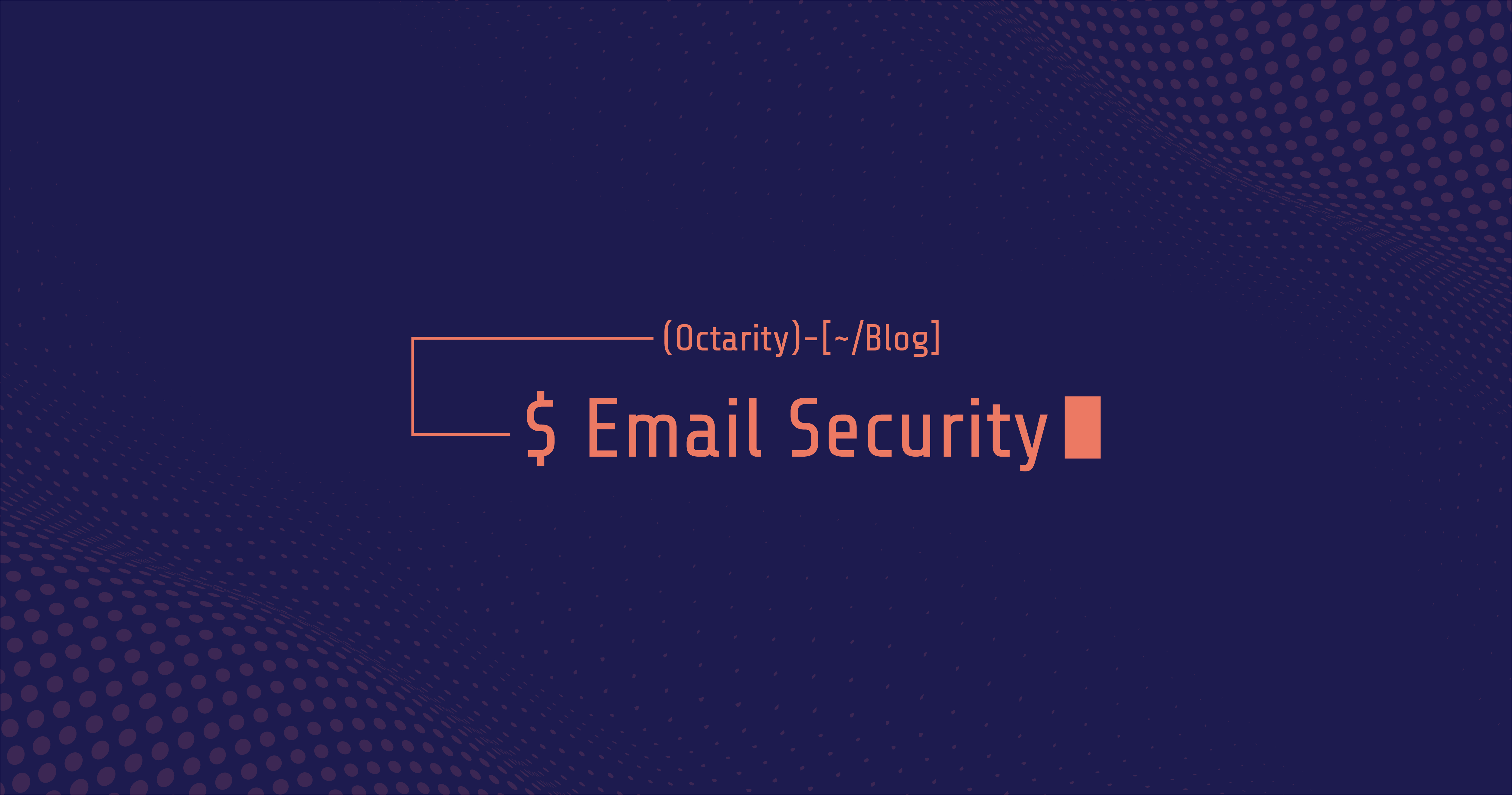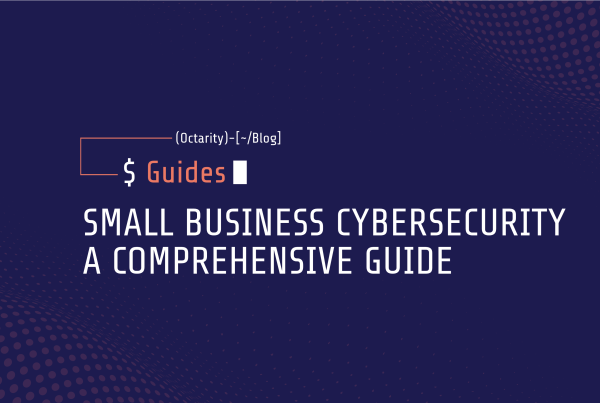In today’s digital age, email remains an integral part of our personal and professional lives. It serves as a crucial communication tool, allowing us to connect with friends, family, and colleagues across the globe. With the increasing reliance on email, safeguarding its delivery becomes paramount. This is where the significance of email security comes into play. In this blog post, we will explore the indispensable role of email security in ensuring seamless delivery, protecting sensitive information, and maintaining trust in our communications.
Guarding Against Cyber Threats
The cyber landscape is riddled with an ever-evolving array of threats, from phishing attacks and malware to sophisticated ransomware attempts. Email security acts as a formidable shield, thwarting these potential hazards that can disrupt the smooth delivery of messages. By implementing robust security measures, such as advanced spam filters and malware scanners, email providers can detect and neutralize malicious elements before they reach the recipient’s inbox. This proactive approach not only preserves the integrity of email communication but also ensures that vital information reaches its intended recipients safely.
Spam and Unwanted Messages Mitigation
Few things are more frustrating than a cluttered inbox filled with spam and irrelevant messages. Email security is a powerful ally in minimizing such nuisances. State-of-the-art filtering technologies assess incoming emails, identifying and isolating unsolicited content from genuine messages. By doing so, these security protocols streamline the delivery process, ensuring that important emails receive the prompt attention they deserve. With spam effectively curtailed, users can focus on meaningful interactions without being distracted by unwanted distractions.
Strengthening User Authentication
Email security bolsters user authentication, a crucial aspect of maintaining trust and preventing unauthorized access to email accounts. Two-factor authentication (2FA) is an increasingly popular method that requires users to provide two forms of identification before gaining access to their accounts. This extra layer of security deters potential attackers, safeguarding the delivery of emails and protecting sensitive data from falling into the wrong hands.
Encryption: Safeguarding Sensitive Information
In today’s data-driven world, the protection of sensitive information is paramount. Email security employs encryption technology, converting emails into unreadable code during transmission. Only authorized parties possess the decryption keys required to access the original content. As a result, the risk of unauthorized interception and data breaches is significantly reduced. Whether it’s personal conversations or confidential business communications, encryption ensures that emails reach their recipients securely and privately.
Reducing the Risk of Email Spoofing
Email spoofing is a deceptive technique used by malicious actors to mimic a legitimate sender’s email address. Unsuspecting recipients might unknowingly interact with fraudulent emails, leading to phishing scams or other cybercrimes. Robust email security protocols, like Domain-based Message Authentication, Reporting, and Conformance (DMARC), help counter such attacks. DMARC verifies the authenticity of incoming emails, minimizing the risk of spoofed messages and promoting the successful delivery of legitimate ones.
Protecting Business Reputation
For businesses, maintaining a positive reputation is vital. An organization’s email communication reflects its professionalism and trustworthiness. A breach or data leak can severely damage a company’s image and erode client confidence. With email security in place, businesses can confidently send and receive communications without fear of data compromise. This heightened level of protection not only safeguards the delivery of critical messages but also upholds the reputation of the organization.
Enhancing Email Continuity
Email security solutions often include continuity features that guarantee uninterrupted email service, even during system failures or cyberattacks. These continuity mechanisms ensure that important messages aren’t lost in the event of technical issues, allowing seamless delivery and access to emails when they are needed the most.
Conclusion
In conclusion, email security is the unsung hero of seamless email delivery. By safeguarding against cyber threats, mitigating spam, enhancing user authentication, encrypting sensitive information, countering email spoofing, and protecting business reputation, it plays a pivotal role in ensuring the smooth functioning of email communication. Embracing robust email security measures not only facilitates successful message delivery but also cultivates trust among users and organizations, making the digital world a safer place for everyone. So, the next time you hit that “send” button, rest assured that email security is diligently working behind the scenes to protect your valuable communication.





